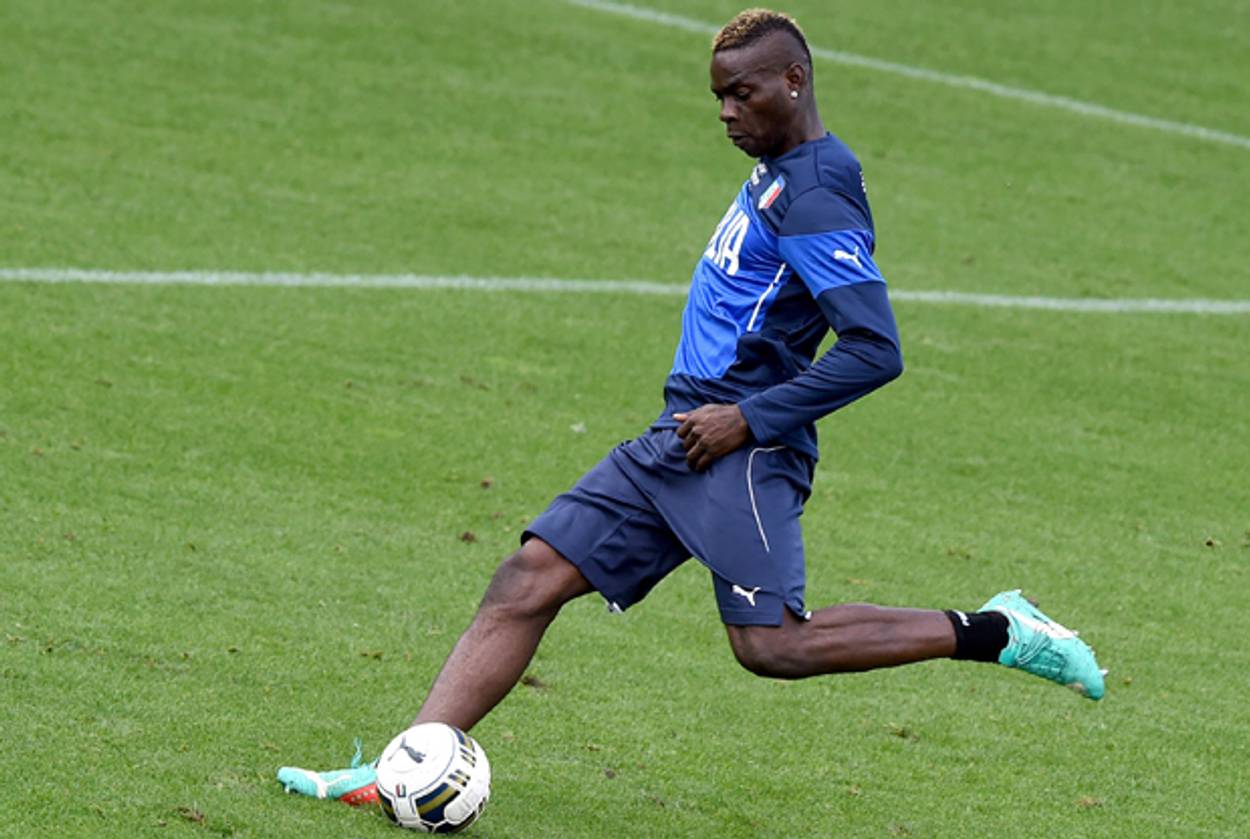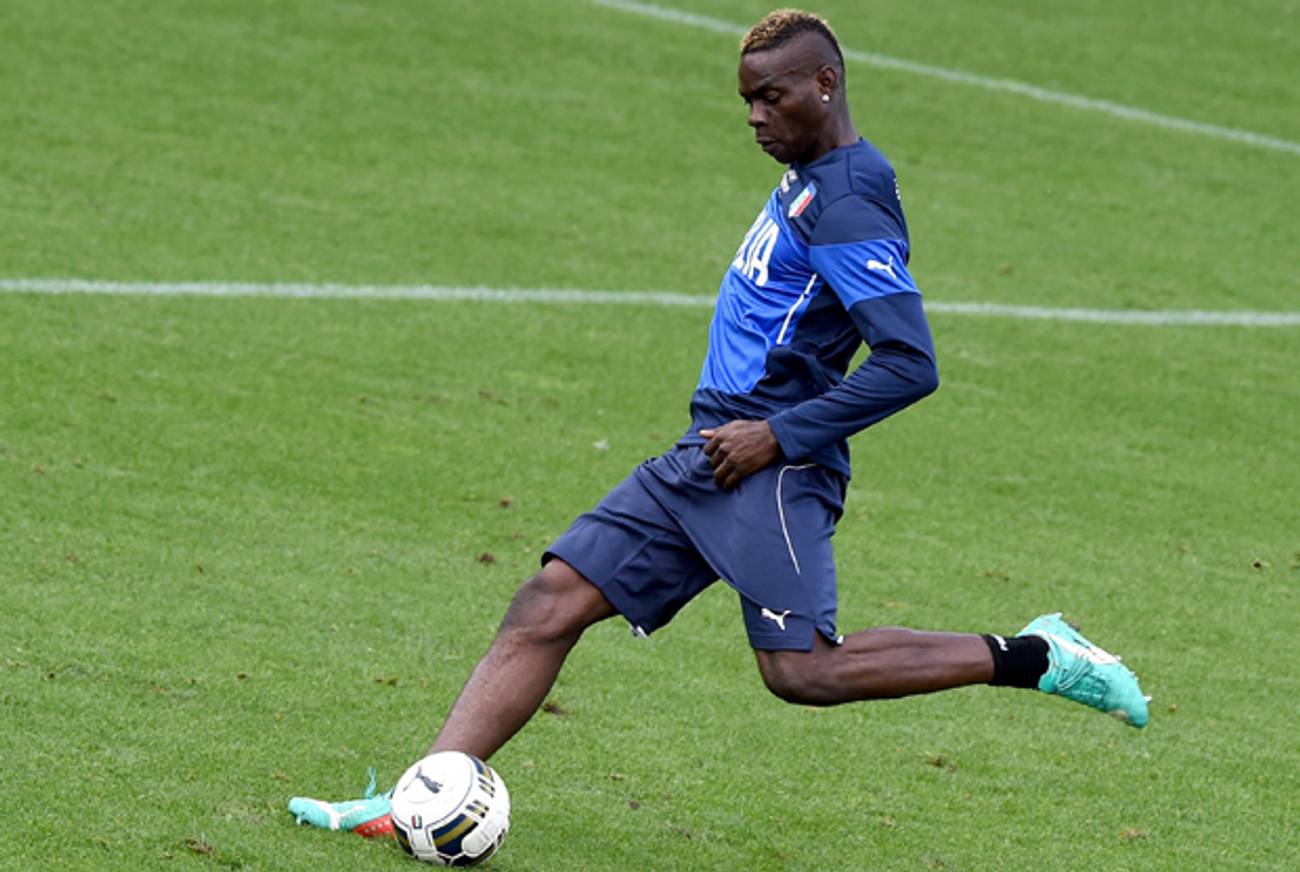Leave Mario Balotelli Alone
The soccer star’s Instagram post was a dumb joke, not an anti-Semitic rant




Earlier this week, Mario Balotelli, Liverpool’s striker, got into a spot of trouble when he reposted an image on Instagram that offended the Pecksniffian Praetorians of political correctness. The footballer’s nickname is Super Mario, an accurate description of his skill on the pitch, and the image he reposted showed the video game character with the same name. “Don’t be racist,” it read, “be like Mario: He’s an Italian plumber created by Japanese people, who speaks English and looks like a Mexican, jumps like a black man and grabs coins like a Jew.”
It’s the sort of stuff you’d expect your garish uncle or your third-grader’s dim-witted friend to find hilarious. It’s dumb, but it’s not overt racism. Overt racism would be throwing bananas and making monkey noises at a black soccer player, which is what Mario Balotelli has had to deal with too frequently in his career. It’s particularly tedious, then, to have to defend Balotelli against charges of racism. And it’s equally absurd to think that the player, adopted at a young age by the Jewish daughter of Holocaust survivors, is guilty of even a whiff of anti-Semitism.
If the outrage machine that is the Internet—and particularly its shrill and sanctimonious brigades—needs something to howl about, however, they would do well to turn their attention to the English Football Association, which immediately launched an investigation of Balotelli’s faux-pas. Such inquiries aren’t just PR fig leaves; even worse, they’re a racket. According to a recent report, the FA has made more than £350,000 since 2011 just by fining players for their unfortunate utterances on Twitter. If you’re going to get upset about a coin-grabbing gag, that’s a fine place to start.
Related: Europe Unified, by Soccer
Liel Leibovitz is editor-at-large for Tablet Magazine and a host of its weekly culture podcast Unorthodox and daily Talmud podcast Take One. He is the editor of Zionism: The Tablet Guide.